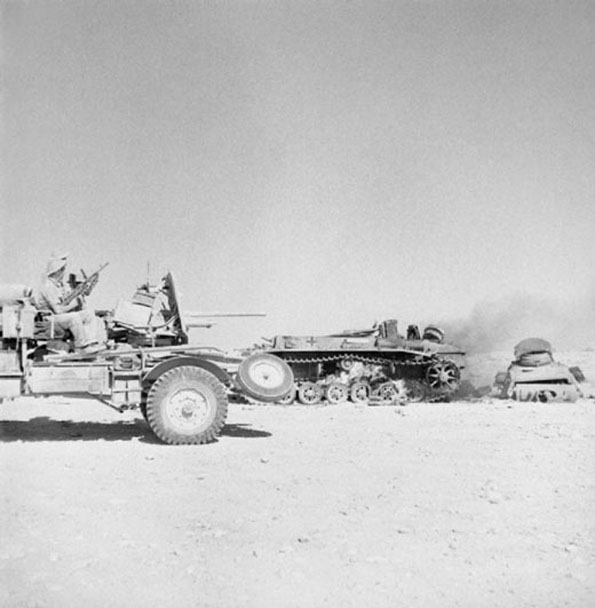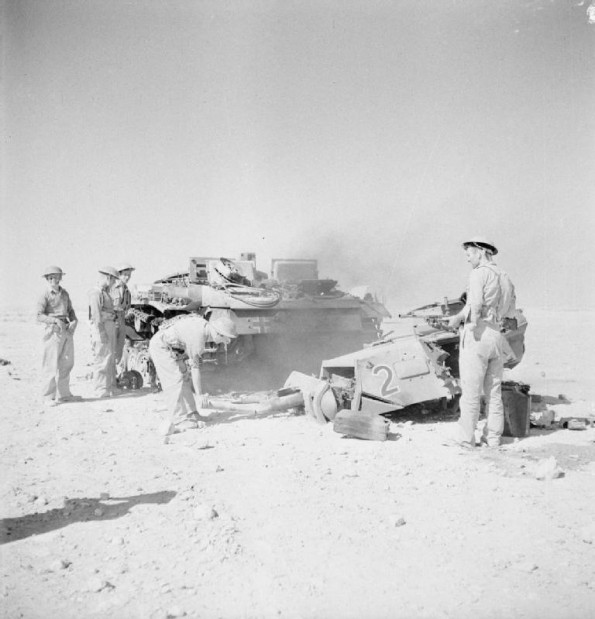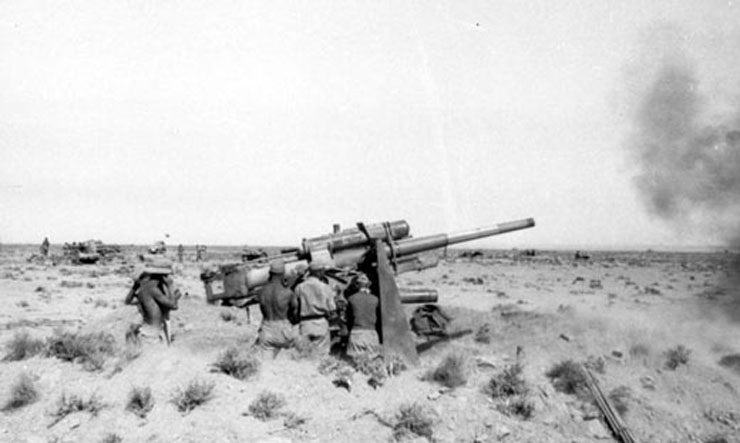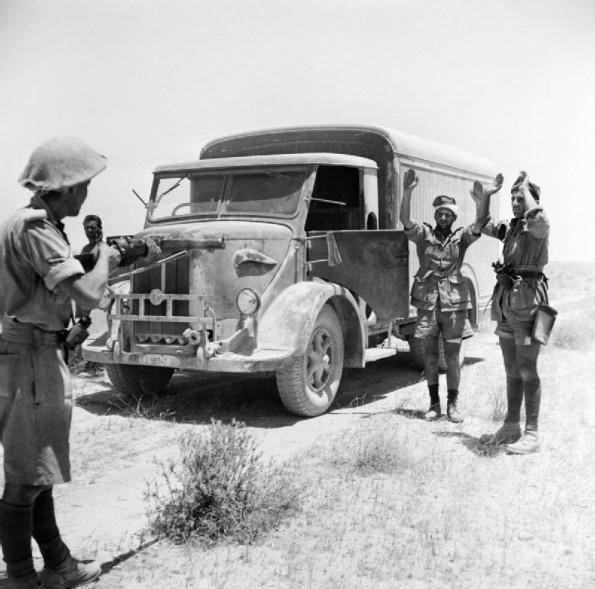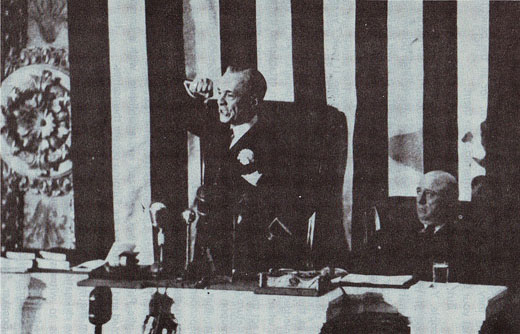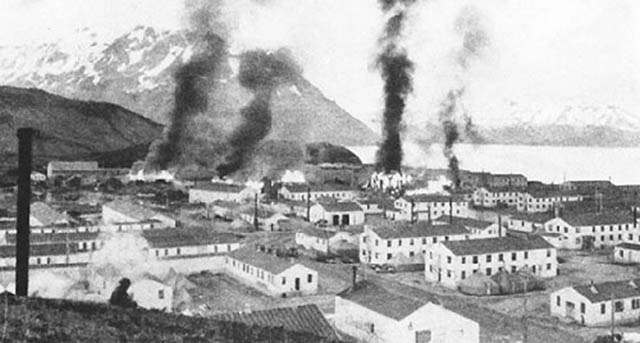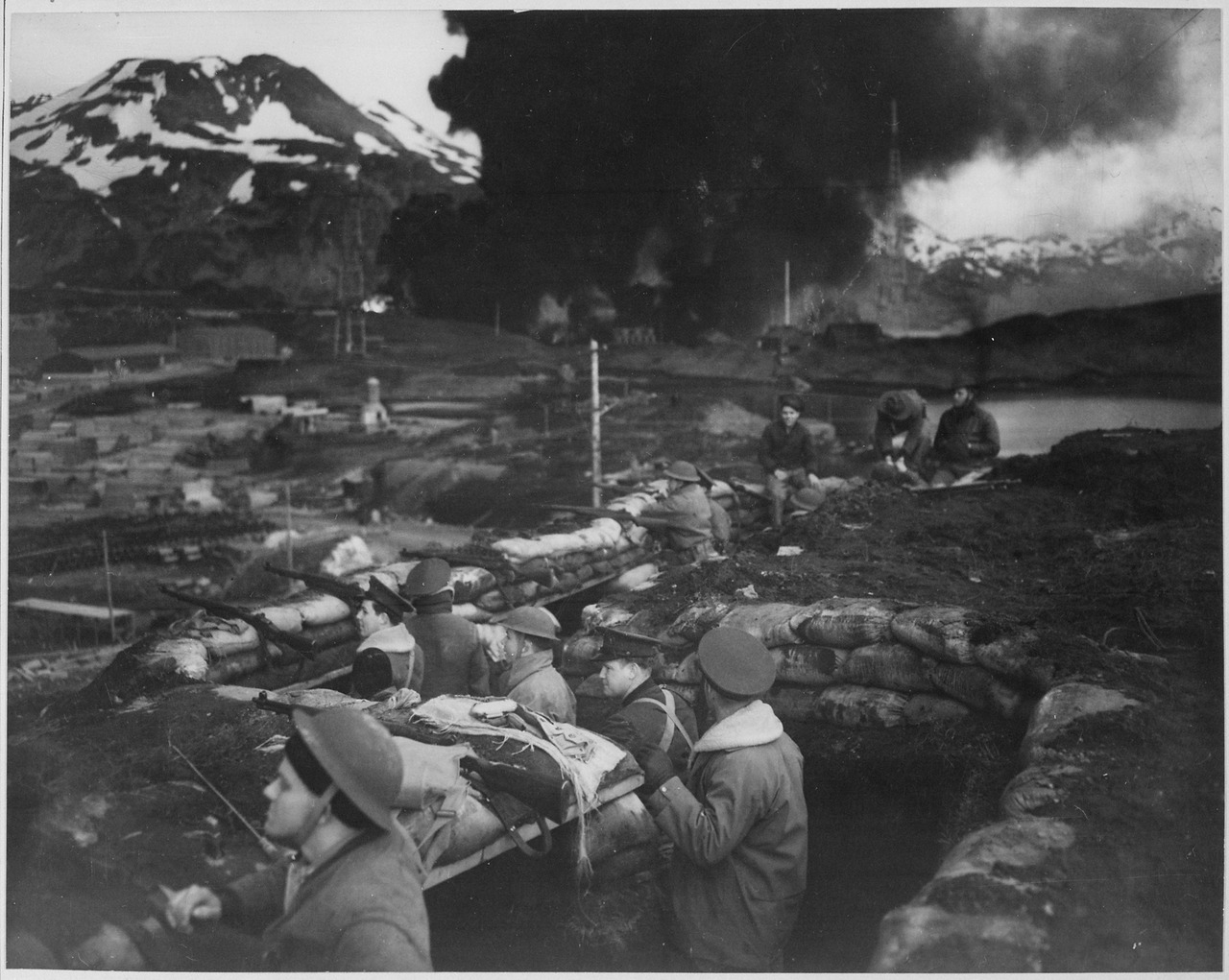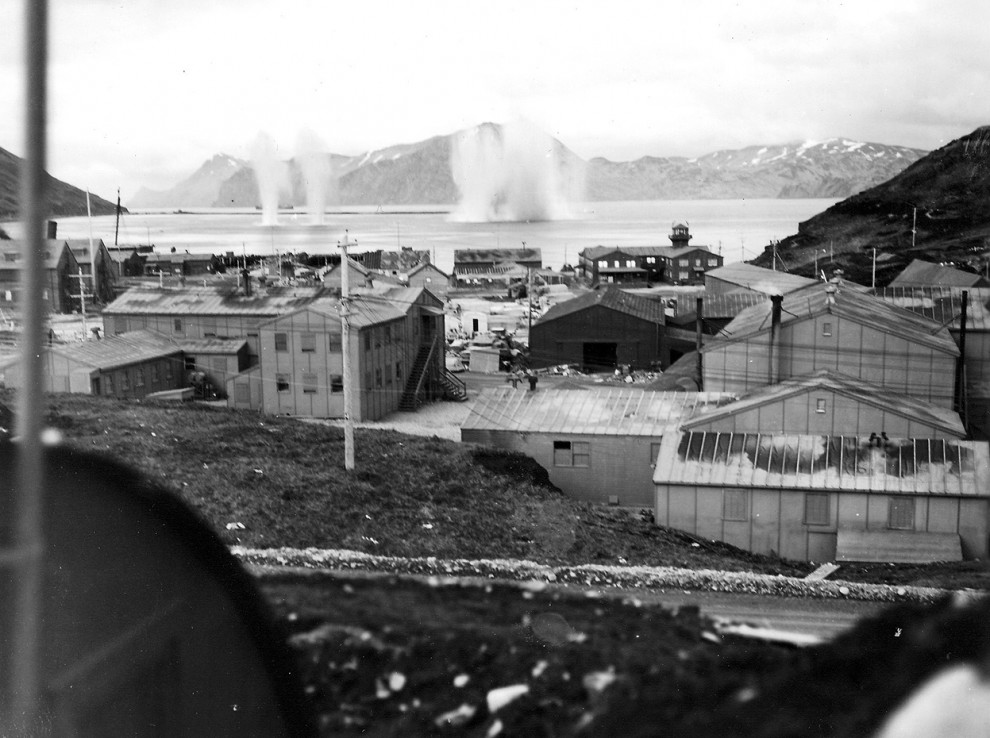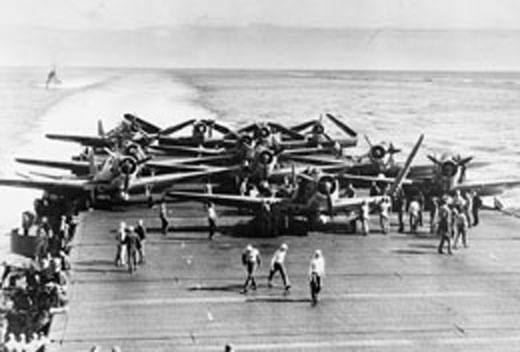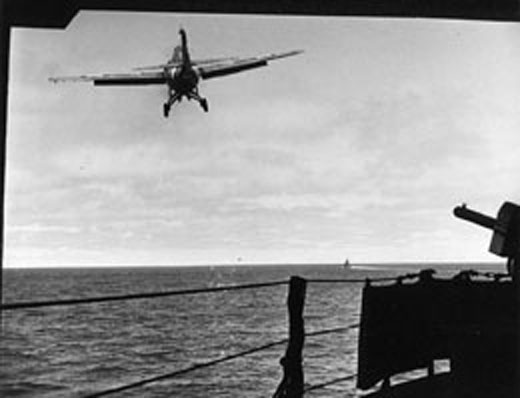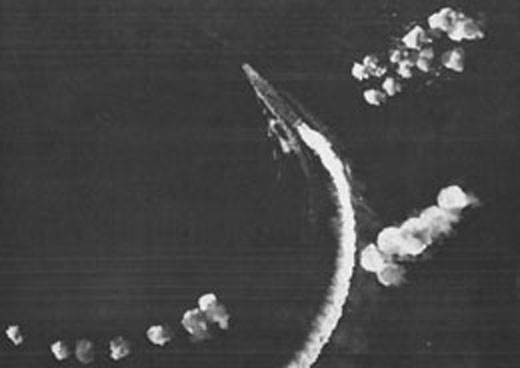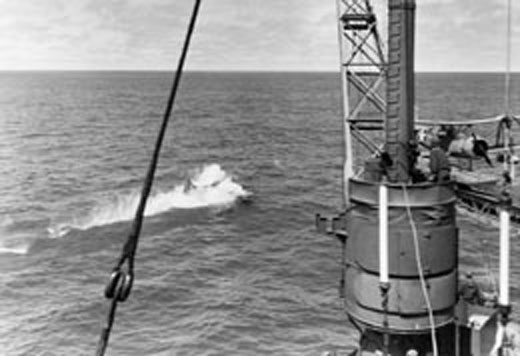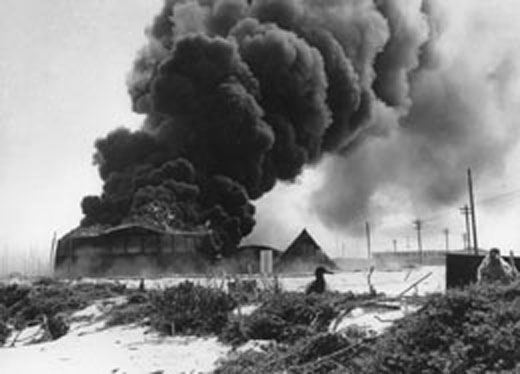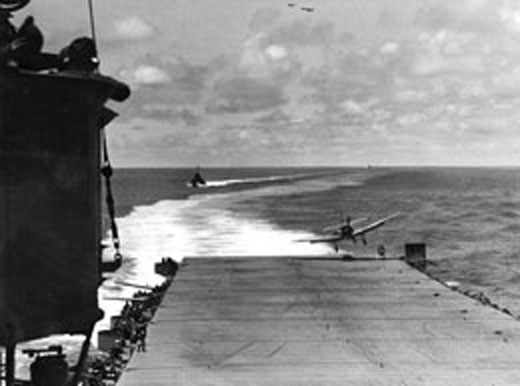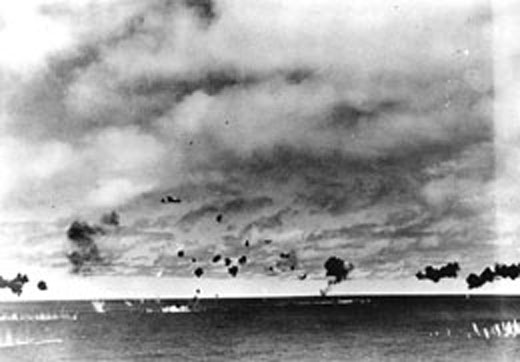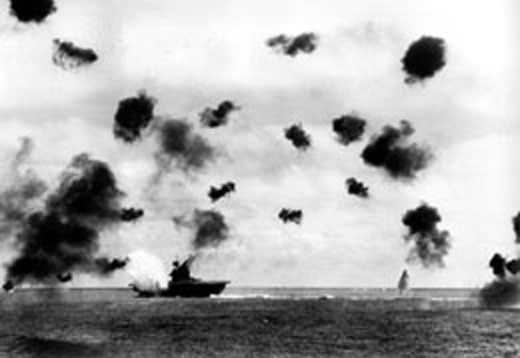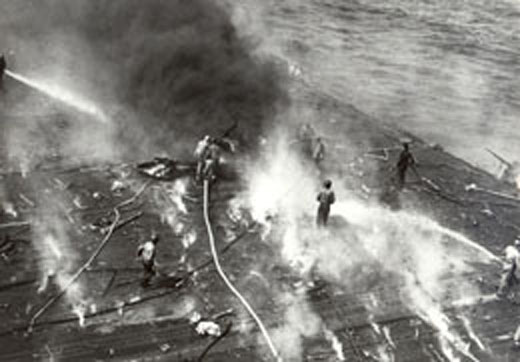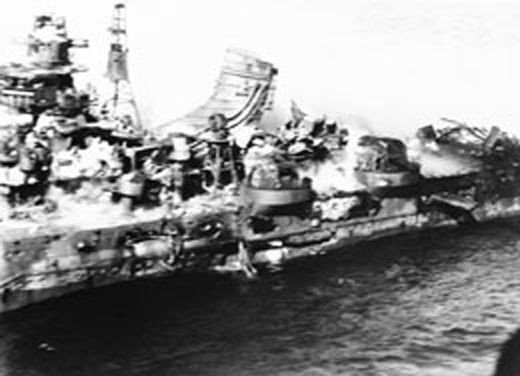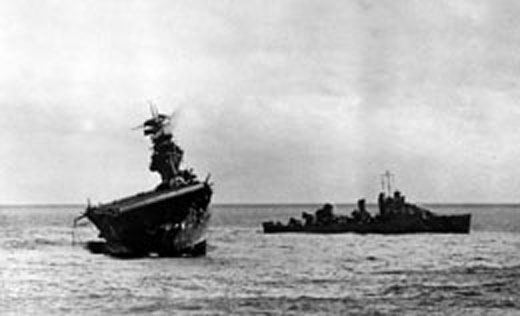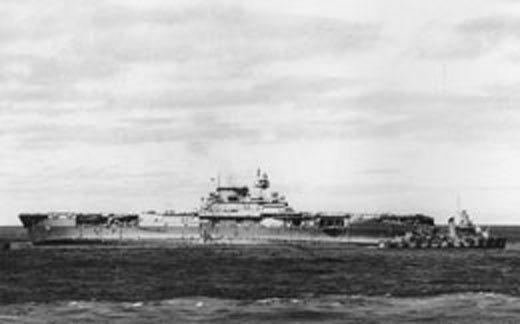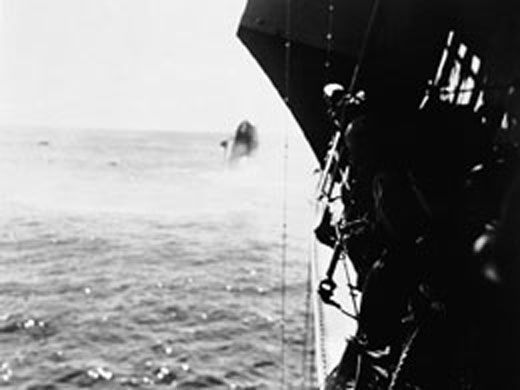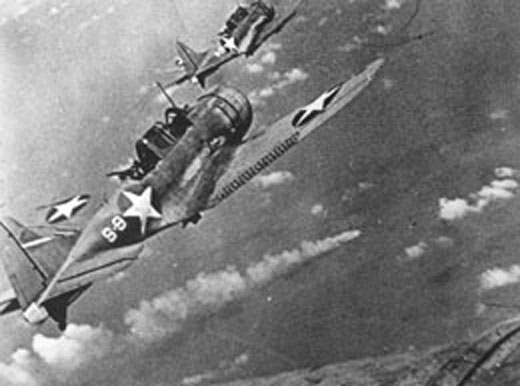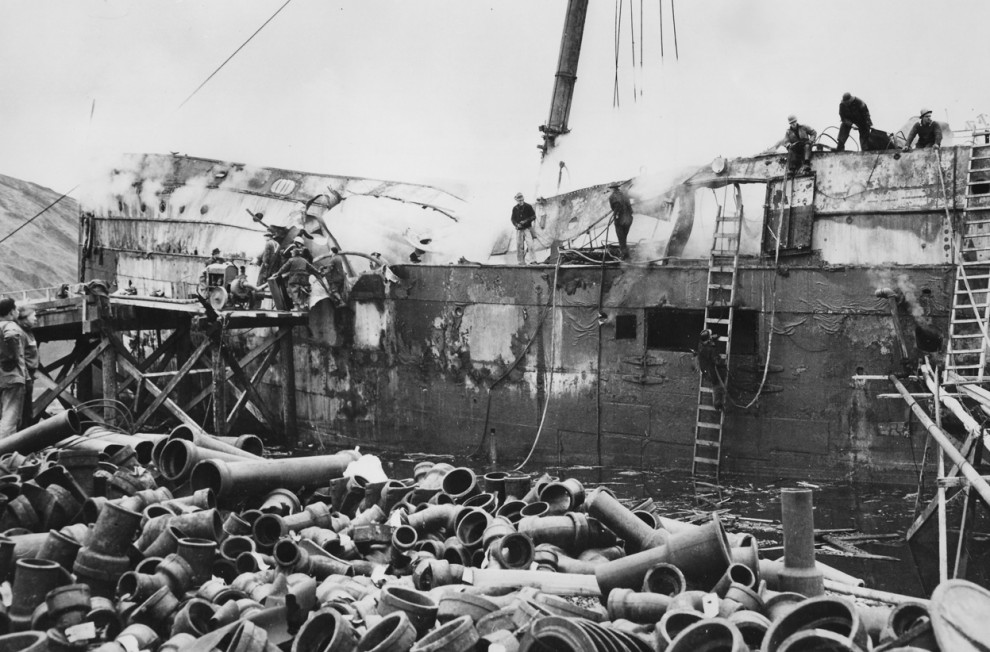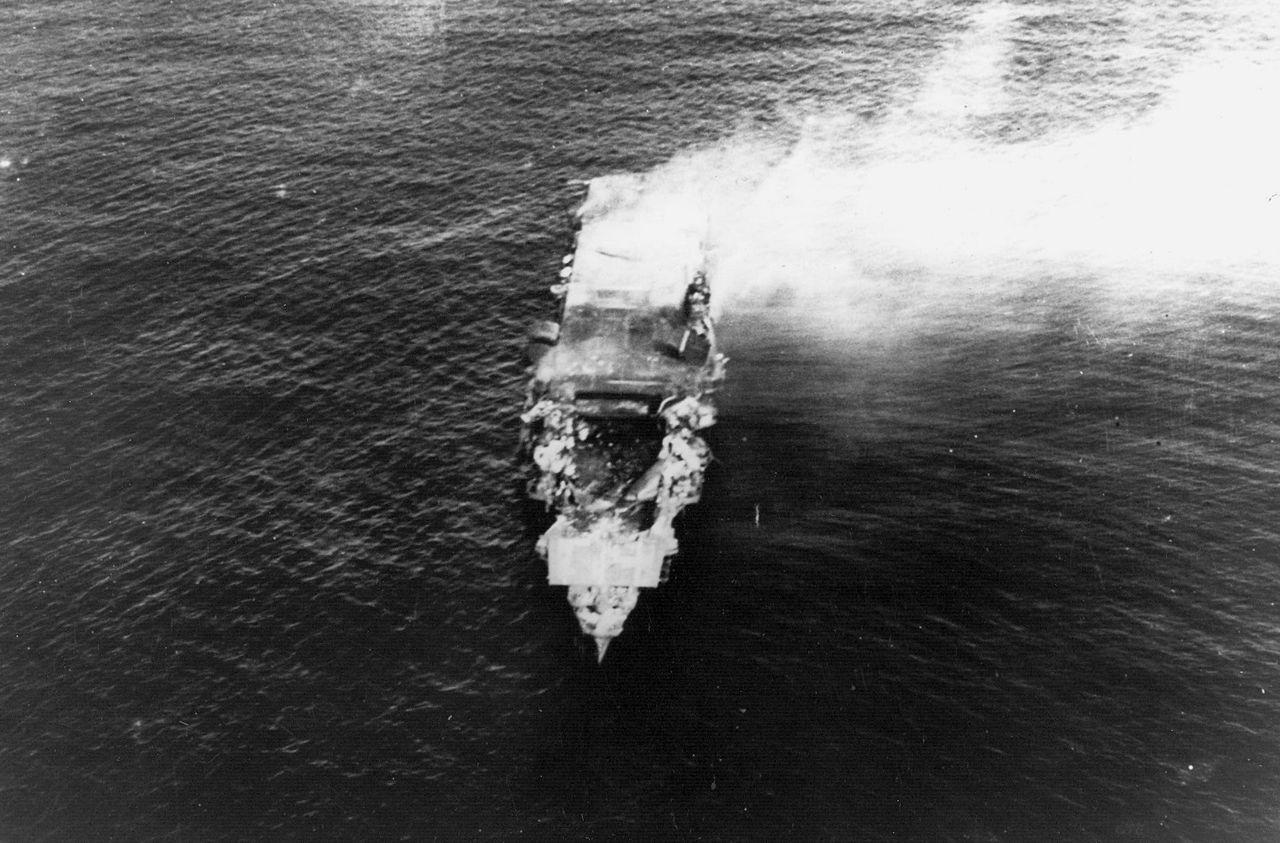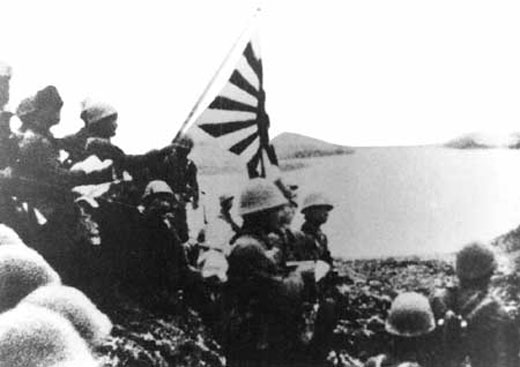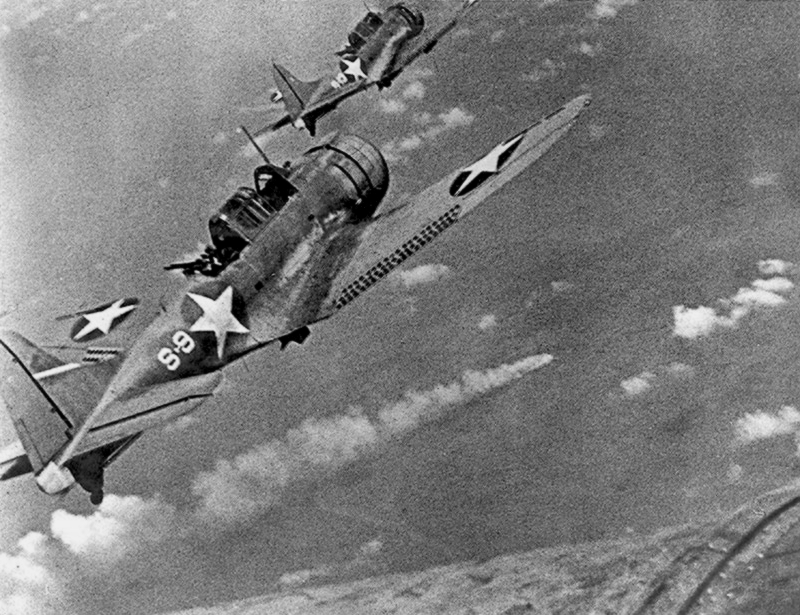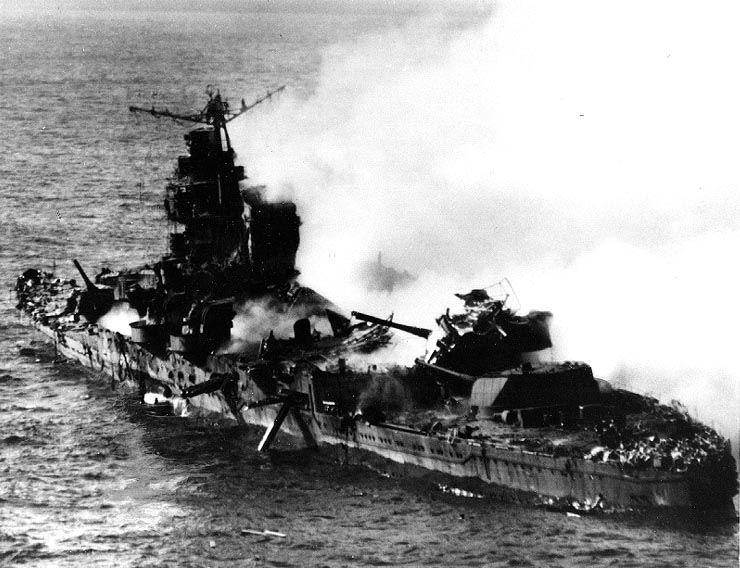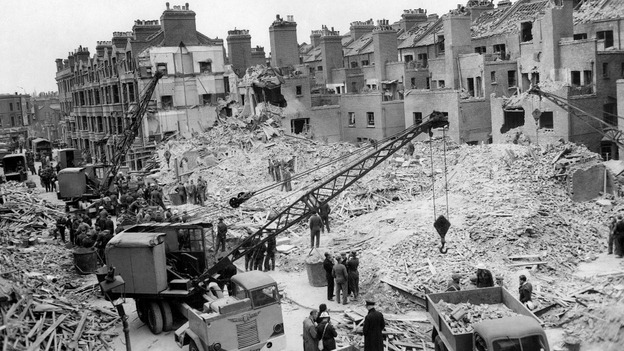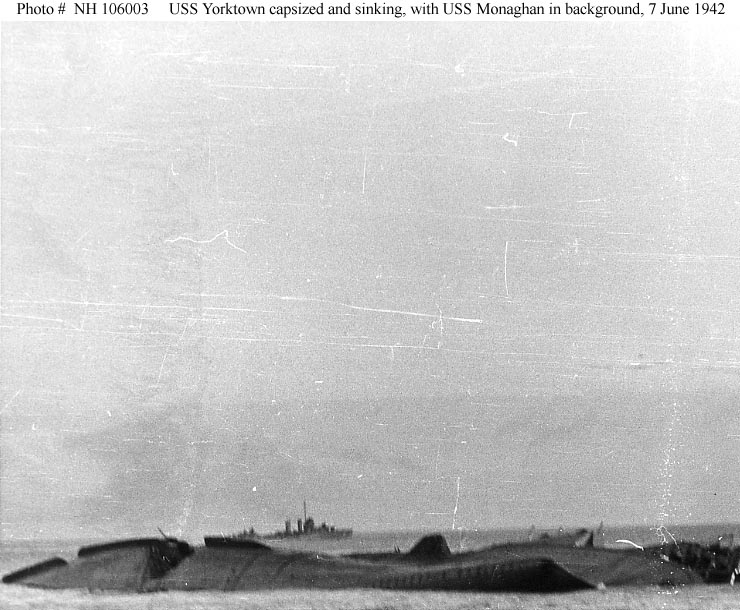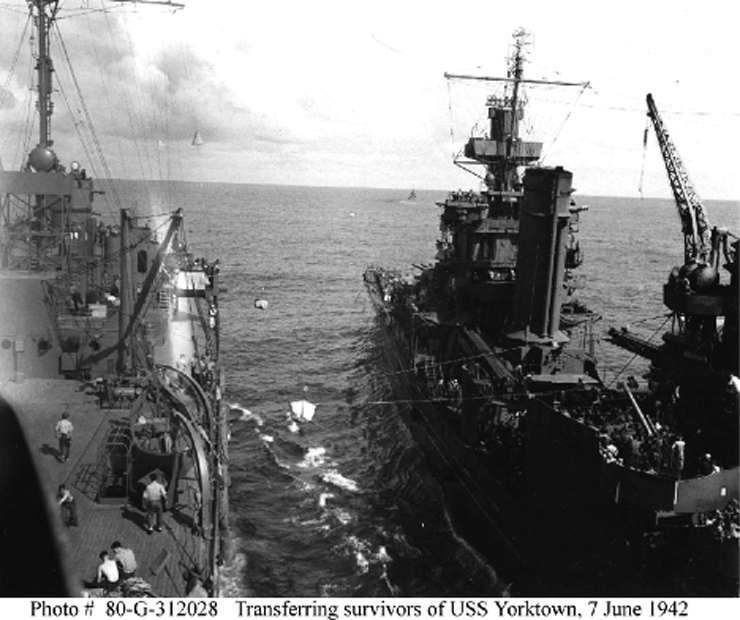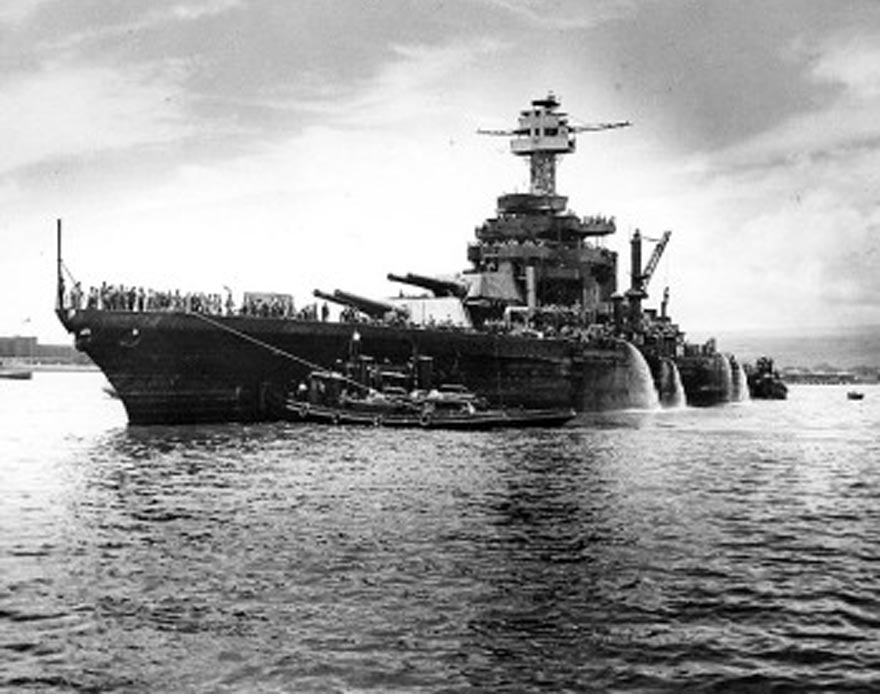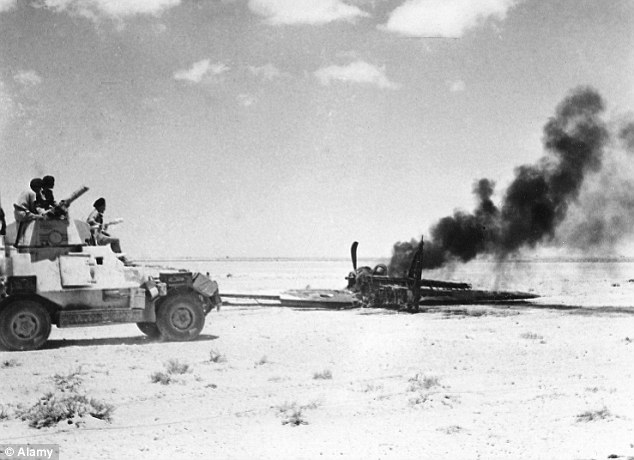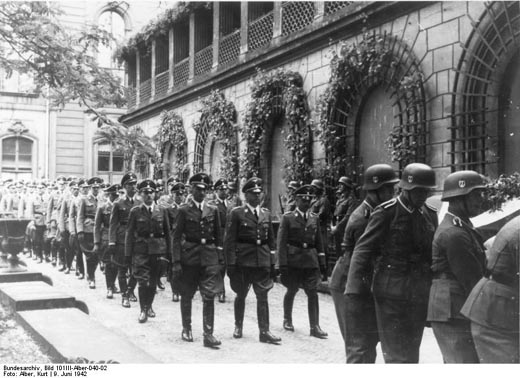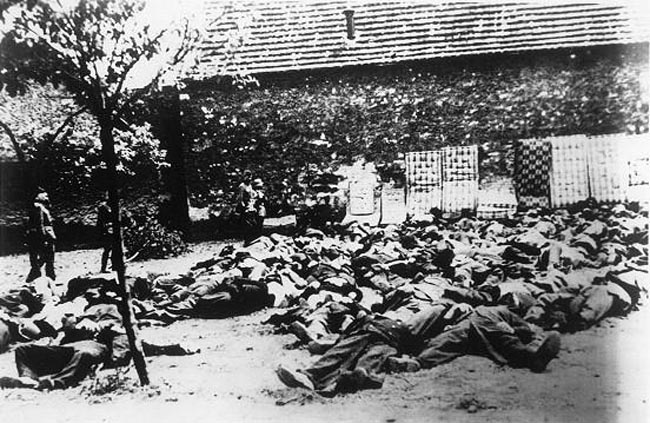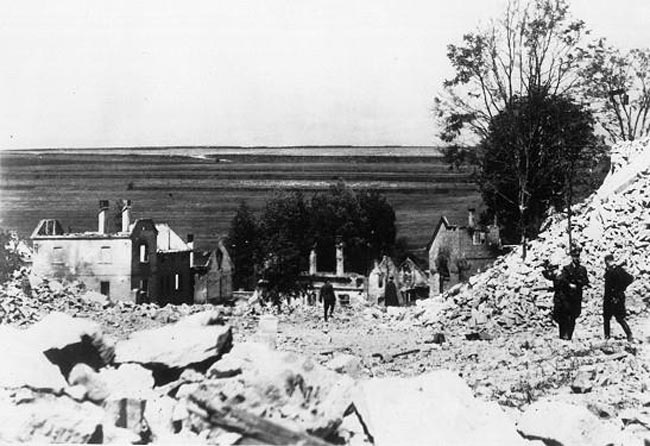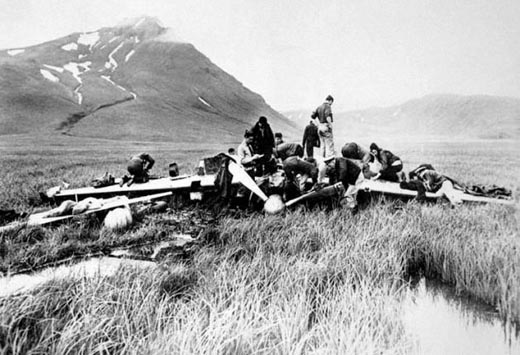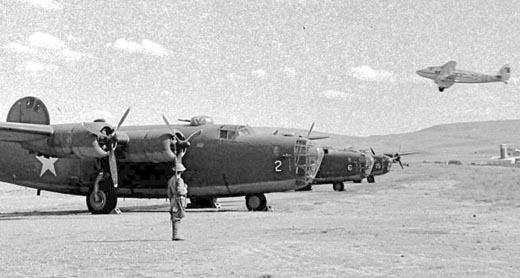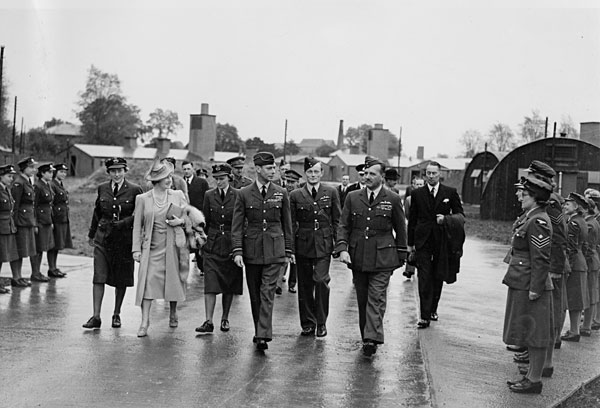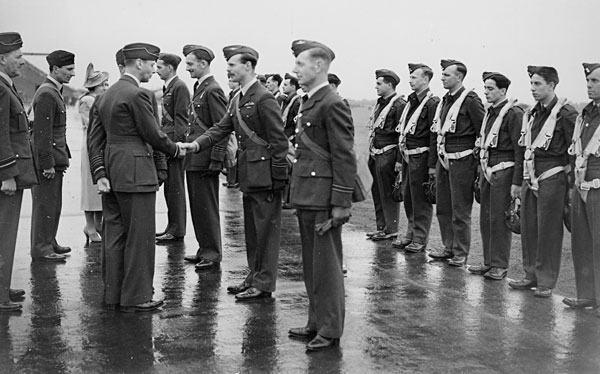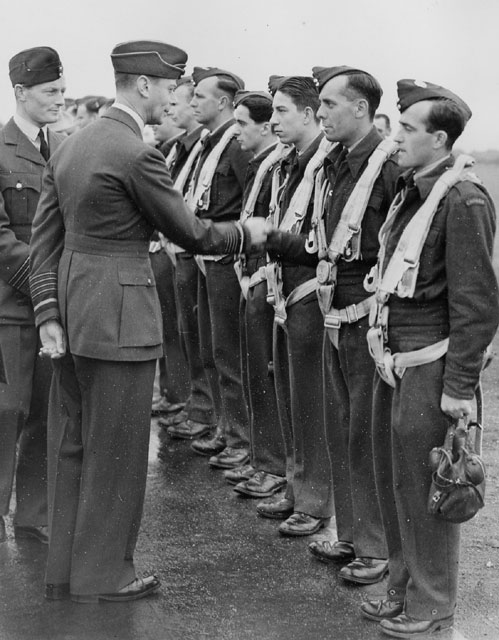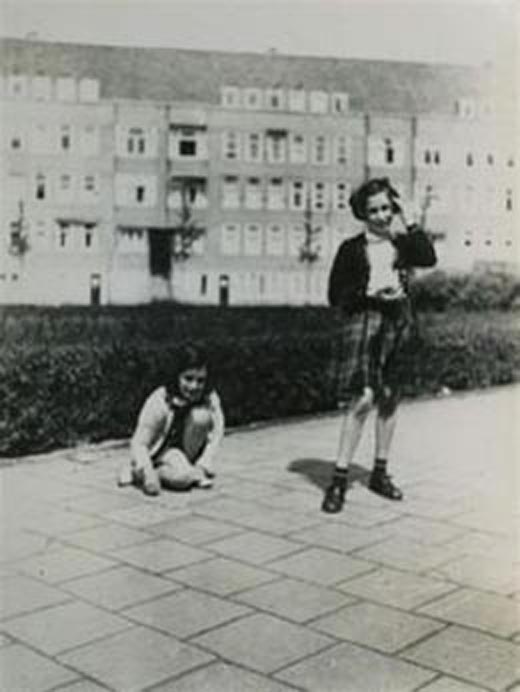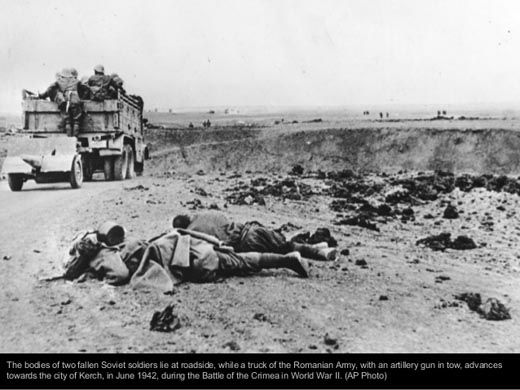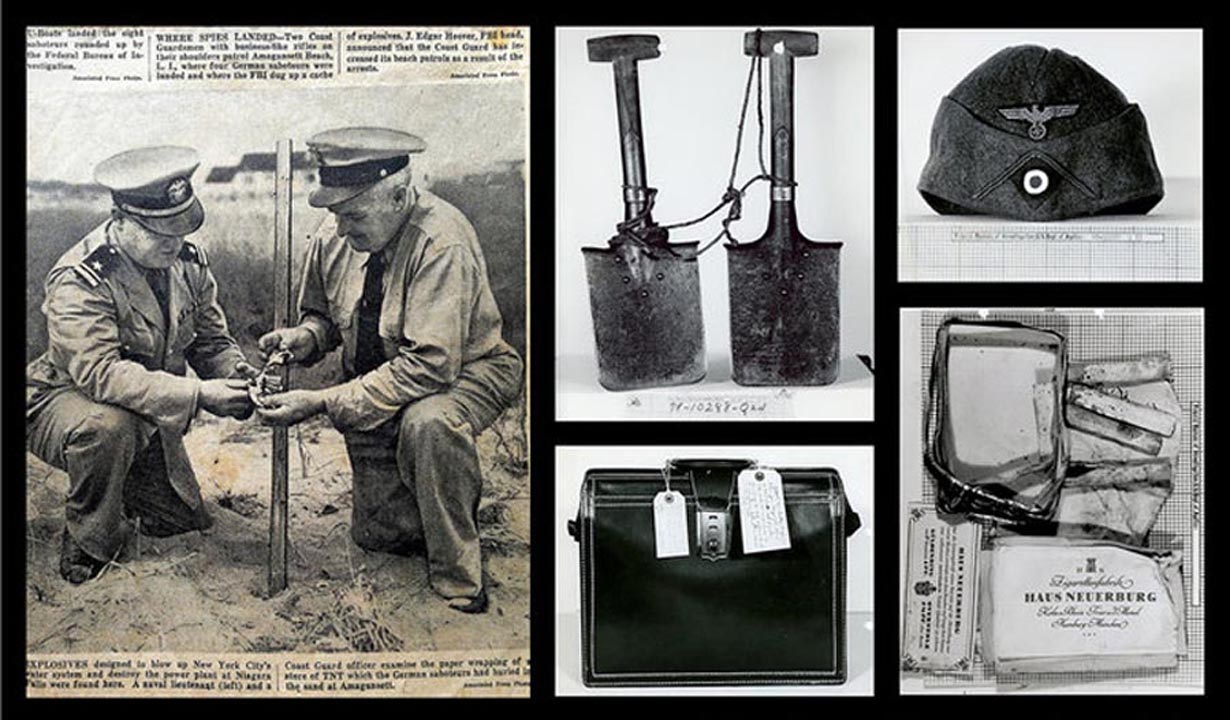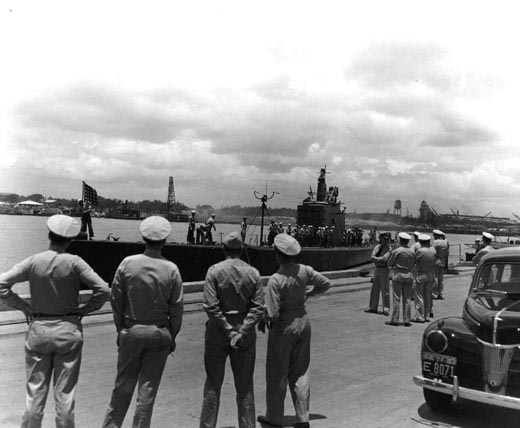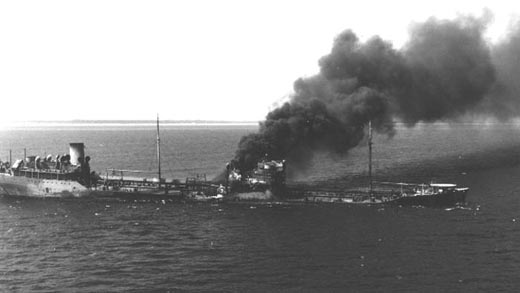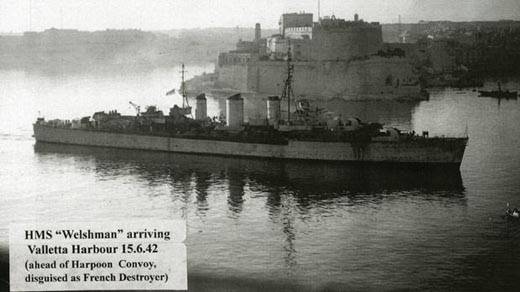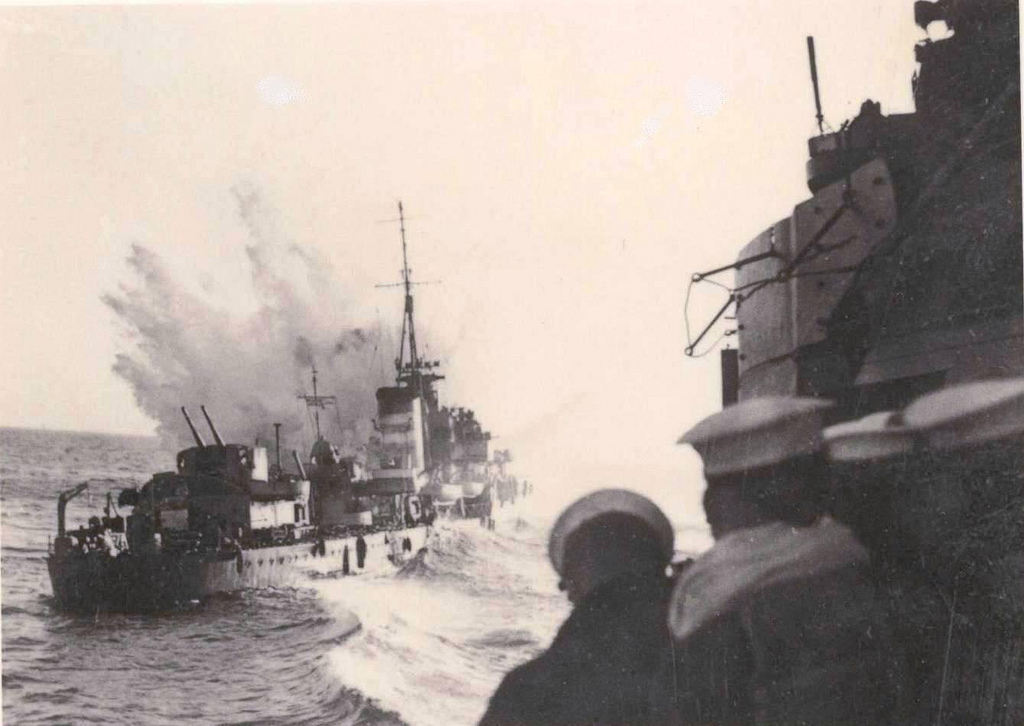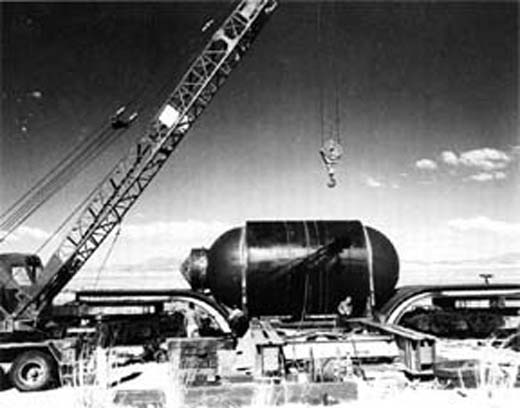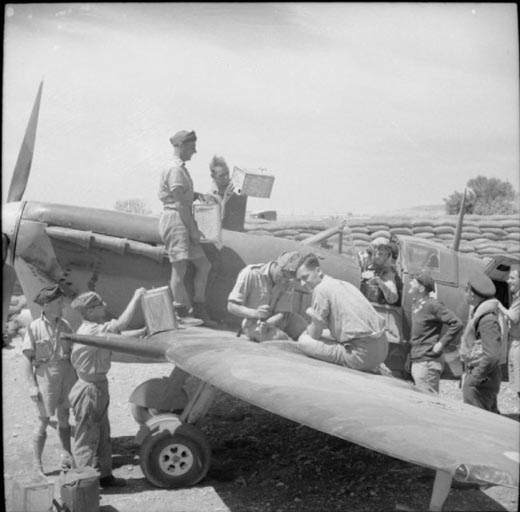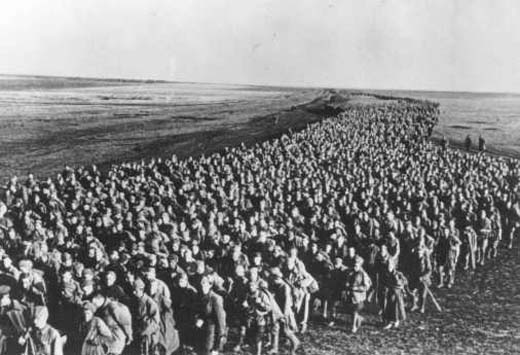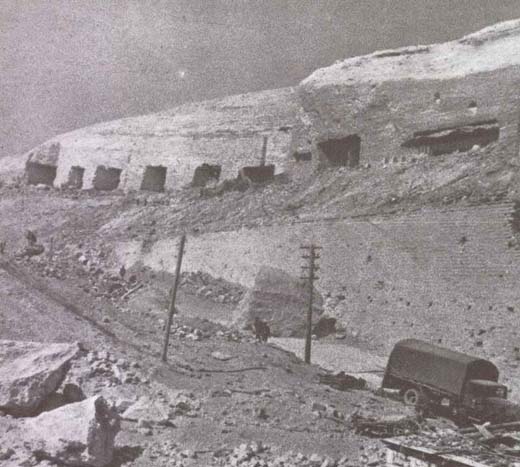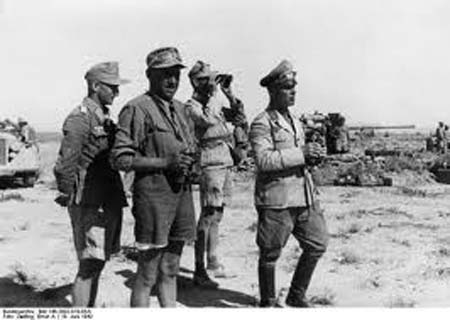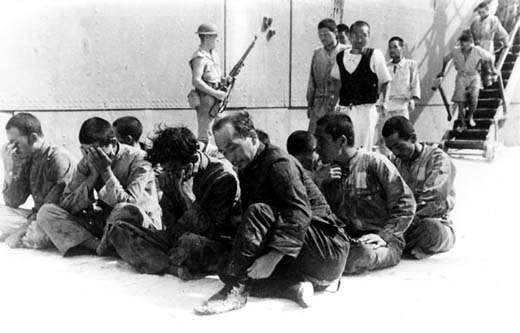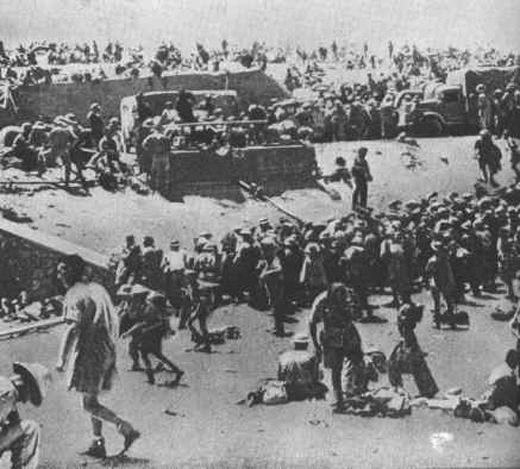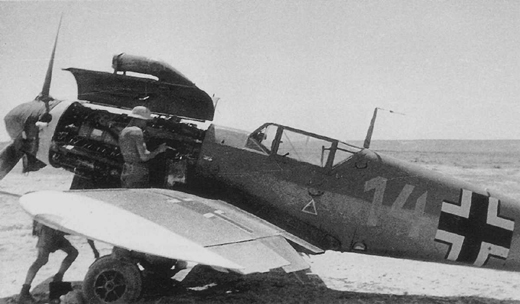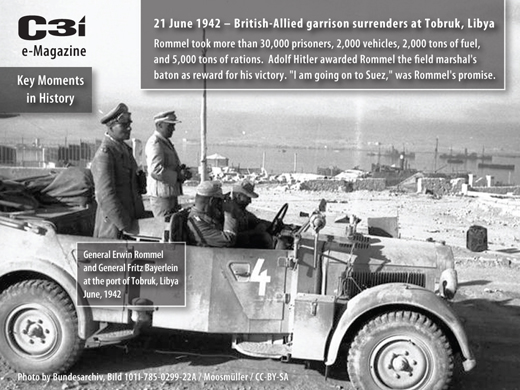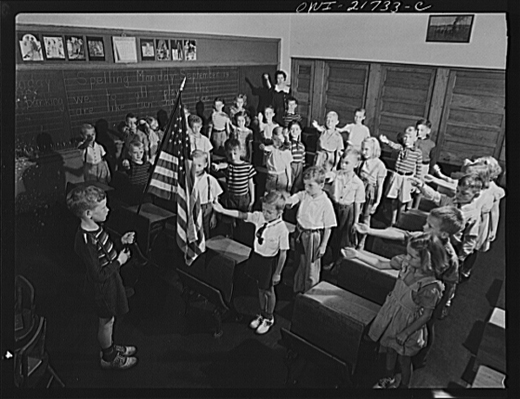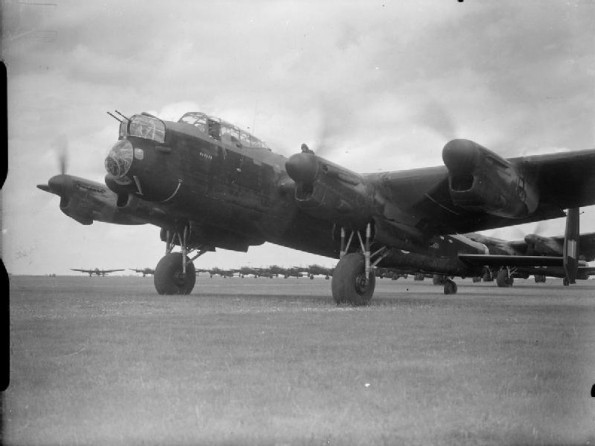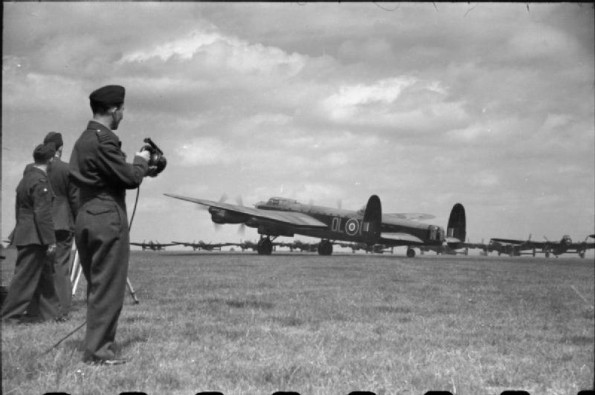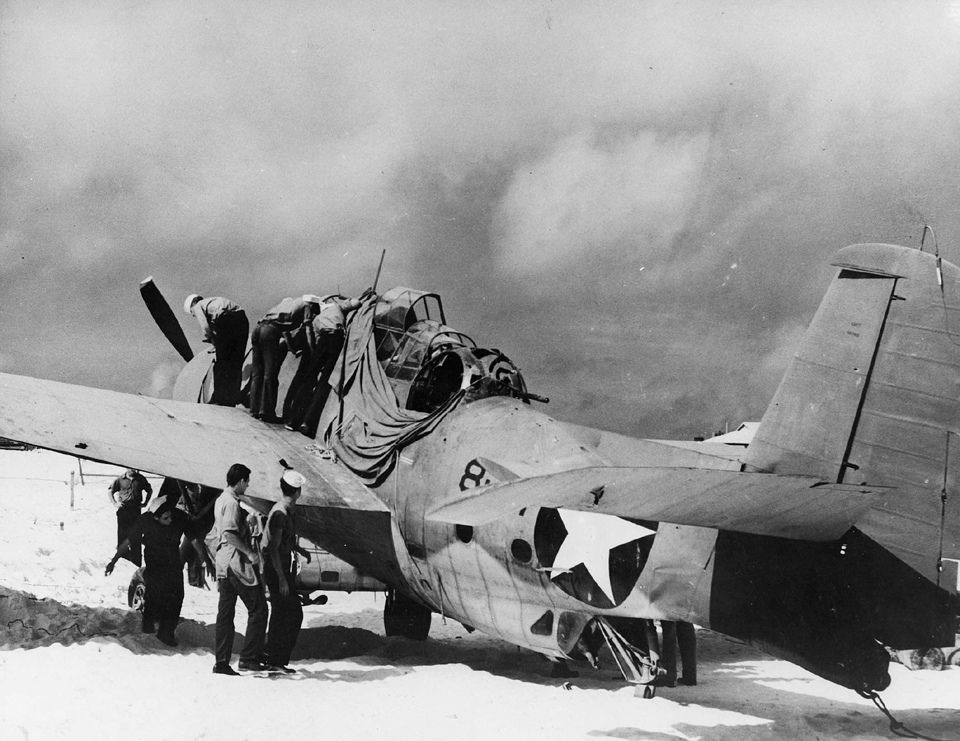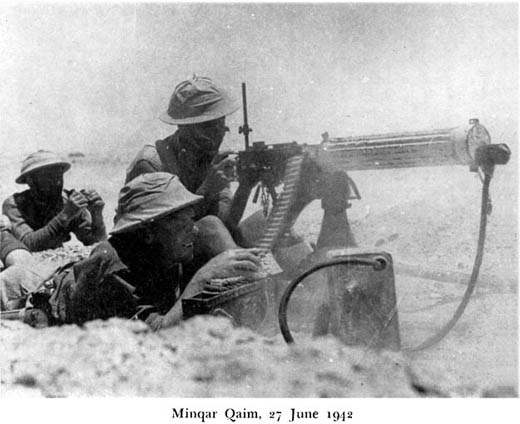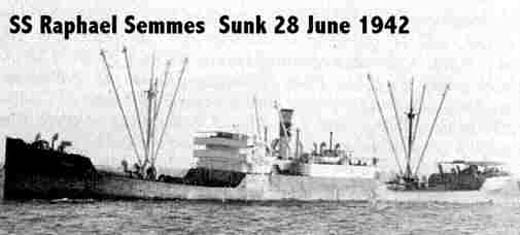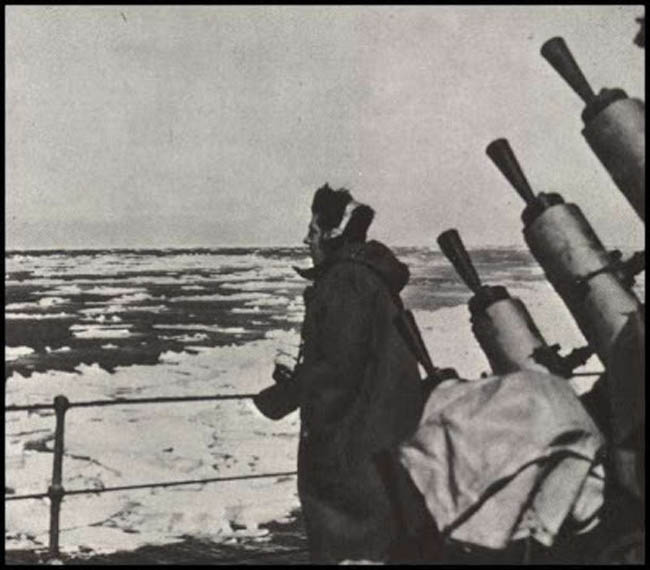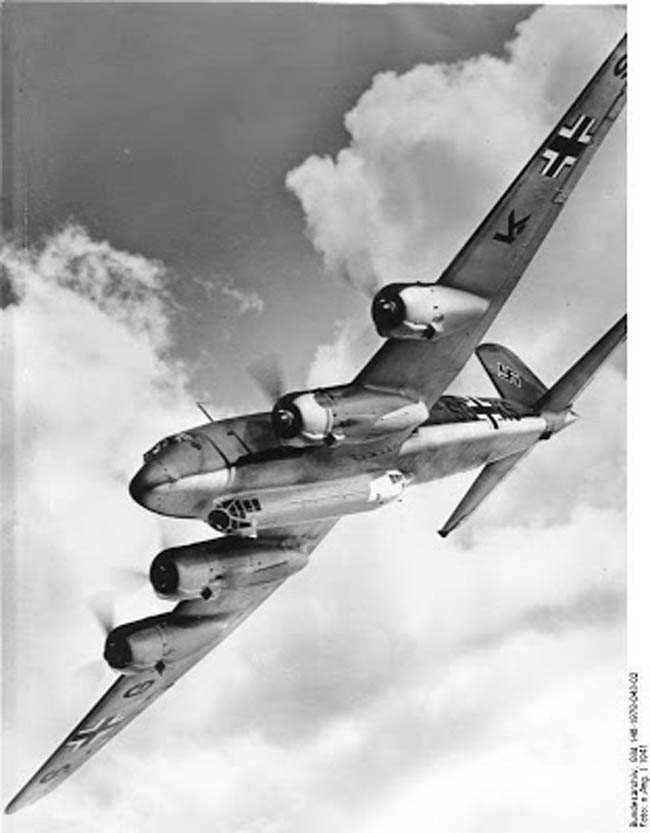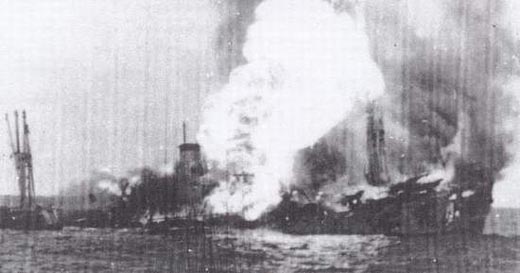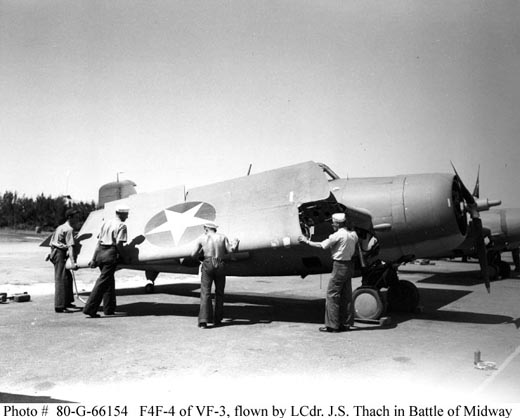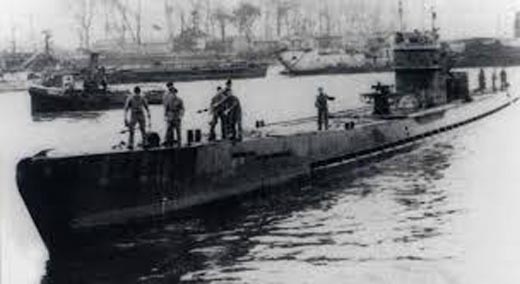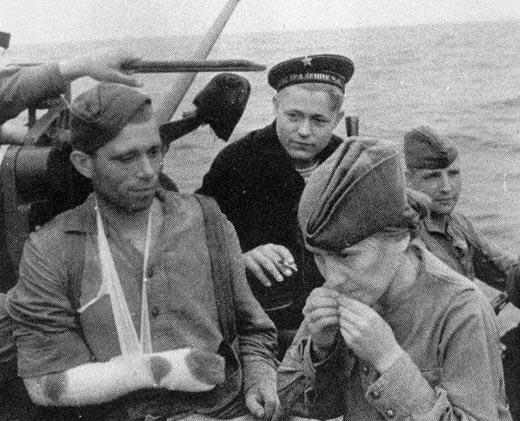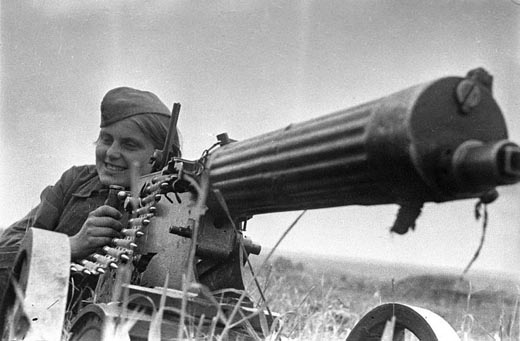Air Operations, CBI
5 7th Heavy Bomb Group B-17s attack shipping and the dock area at Rangoon.
[Air Operations, Europe
BOMBER COMMAND- 12 Bostons are sent to attack the Flushing docks and 2 Mosquitos to Cologne. 1 Mosquito is lost.
- In the second major effort by Bomber Command, 956 aircraft are sent to bomb Essen. This total includes 545 Wellingtons, 127 Halifaxes, 77 Stirlings, 74 Lancasters, 71 Hampdens, 33 Manchesters and 29 Whitleys. The bombing plan is similar to the recent Cologne raid except that more flares will be dropped to aid those planes later in the flight. The crews experience great difficulty in locating the target due to either ground haze or low level clouds. As a result, the bombing is very scattered. Reports from Essen say that 11 houses are destroyed and 184 damaged, mostly in the southern part of the city. 15 people are killed in Essen and 91 injured. Bombs fall in at least 11 other towns in the Ruhr. Oberhausen is especially hit hard as 83 people are killed there, 52 in Duisberg and 15 in Mülheim. RAF aicraft losses include 15 Wellingtons, 8 Halifaxes, 4 Lancasters, 1 Hampden, 1 Manchester, 1 Stirling and 1 Whitley.
- In support operations, 48 aircraft are dispatched to hit German airfields. Only 10 aircraft make attacks and 3 are lost.
- Stukas attack shipping at Murmansk.
- In reprisal for the RAF raid on Cologne, German bombers attack the English cathedral city of Canterbury.
Air Operations, New Guinea
- 5th Air Force B-17s from the Bismarcks attack Rabaul. Other B-17s hit Lae and Salamaua.
- 8th Fighter Group P-39s shoot down 1 G3M 'Nell' bomber and score hits on 6 others over Port Moresby and the Port Moresby/Seven-Mile airfield between 1105 and 1150 hours.
Australia
Three Japanese pocket submarine enter Sydney harbor and attack shipping. All three are sunk but the logistics vessel HMAS Kuttabull is lost with 16 sailors. Fears are raised that the attack signals a full-scale Japanese invasion.
[Battle of the Atlantic
- The US freighter West Notus (5492t) is shelled by U-404 off Cape Hatteras, North Carolina killing 4 of the men on board. 36 survivors make it in two lifeboats.
- The US freighter Illinois (5447t) is torpedoed by U-172 and loses 36 of her 38-man crew.
Burma, Politics
The Burmese Government is to be re-established at Simla, India.
Caribbean
The US freighter Knoxville City (5686t) is torpedoed and sunk by U-158 south of the Yucatan Channel losing two of her crew. 53 survivors abandon the ship in two lifeboats.
[China
Japanese forces open large-scale attacks to clear the rail line between Canton and Hankow.
[Diplomatic Relations
Mexico declares war on Germany, Italy and Japan.
[Eastern Front
In the siege of Sevastopol the Germans use super-heavy mortars and the world's largest artillery piece, the 80-cm Dora, to bombard the fortifications. German aircraft are flying up to 18 bombing sorties per day.
GERMAN COMMANDGen Hoth is appointed to command the 4th Panzer Army, which is completing its redeployment onto the northern flank of Army Group South. Gen Richard Ruoff takes over the 17th Army. In Germany the SS Panzer Corps is created. It comprises the 1st, 2nd and 3rd SS Panzer Grenadier Divisions and is intended for deployment on the eastern front toward the end of the year.
[Germany, Home Front
Himmler takes control of the Luftschutz, Air Raid Protection.
[Gulf of Mexico
The unarmed Us freighter Hampton Roads (2689t) is torpedoed and sunk by U-106 in the Yucatan Channel losing 5 of her crew. 23 survivors are rescued by the freighter Alcoa Pathfinder.
[India, Home Front
Martial law is declared in Sind following repeated outrages by the Hurs. Aircraft and paratroops are used to quell the distubances. Over the next 2 months 2,000 Hurs will be captured, 69 of them will be hanged.
[ Rumania's Gypsy Population Moved to Labor Camps |
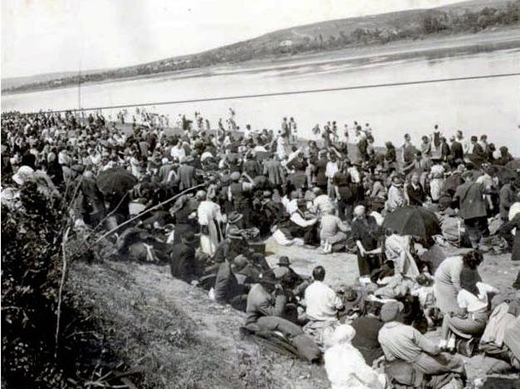 |
Midway
Japanese carrier aircraft make a heavy raid against US installations located on Midway Island.
[North Africa
Rommel personally leads the final attack on the British 150th Brigade. The British 150th Brigade is destroyed by Rommel's armor at Sidi Muftah in Libya. Brig C. W. Haydon is killed. Some 3,000 men and 124 guns are captured. Rommel has secured his position in 'The Cauldron'. The Afrika Korps has succeeded in opening a gap for its supply columns. Gen Ritchie writes: 'I am sorry to have lost 150th Brigade, but the situation gets better every day. . . .'
The first and a rather feeble attempt by the British 8th Army forces to get into the 'Cauldron' fails in face of a quick reaction by Rommel's armor.
[Occupied Europe
All Jews in France and Holland are ordered to wear Star of David identification badges.
[Pacific
- The USS Saratoga sails from San Diego after repairing the torpedo damage caused on January 11, but is too late to take part in the battle. Various groups of US submarines, 25 in all, are in position in the waters round Midway.
- A seaplane launched from Japanese submarine I-26 reconnoitres Seattle.
Doolittle Speaking at an Aviation Plant |
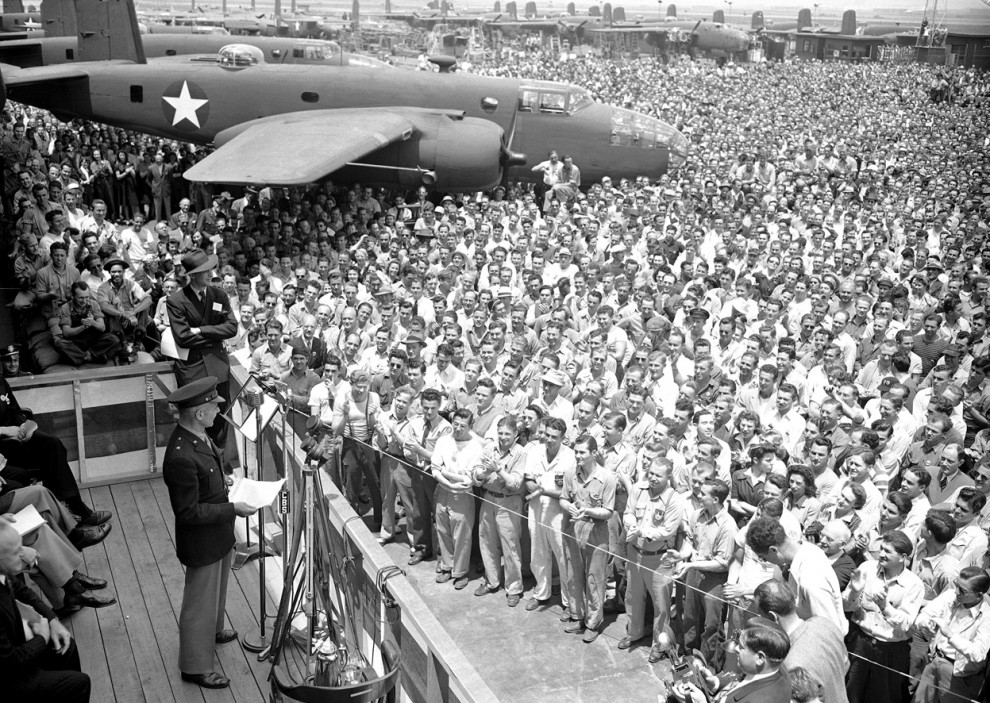 |
